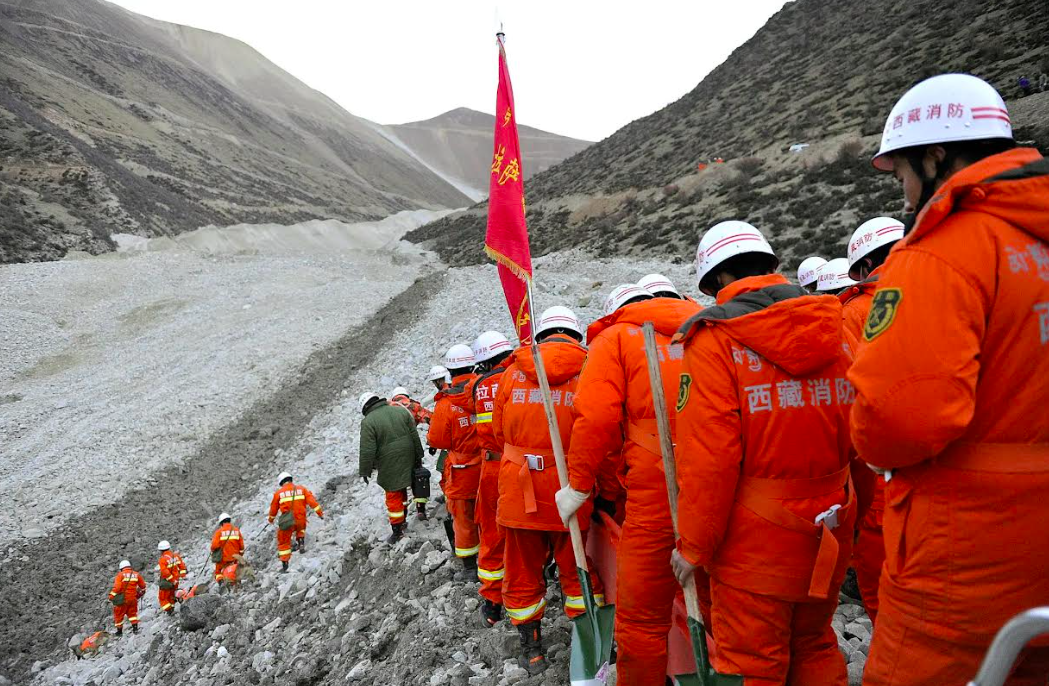The Chinese Communist Party (CCP) is implementing policies of “labour transfer” and “surplus rural labourers” in Tibet, focusing on transitioning Tibetans from primary sector jobs like herding to secondary or tertiary sector roles such as mining according to a report from a New York-based rights group, the Human Rights Foundation (HRF).
The HRF report titled “Undermined: China’s Growing Presence in Tibetan Mining” states that China has exploited “ethnic minorities” for decades in the name of economic growth. To become a global leader in producing and exporting inexpensive goods, China relies on a steady supply of cheap labour, often sourced from its occupied territories (Countries), such as the Uyghur Region (East Turkistan), where over a million Uyghur Muslims have been forced to produce goods. If workers refuse, they are often threatened with imprisonment. These practices have been described by the UN Special Rapporteur on Contemporary Forms of Slavery as possible “enslavement as a crime against humanity.”
The Chinese Communist Party has a history of repression in Tibet, which it invaded in 1949, dissolving its government and subjugating its institutions. The CCP has been forcibly assimilating Tibetans through various repressive tactics, including religious re-education for monks, separating children from their parents, and forcing the youth to attend colonial boarding schools. A key motive behind China’s invasion of Tibet was to seize control of its natural resources. Currently, the CCP is interested in Tibet’s minerals such as copper and lithium, essential for the global shift towards renewable energy.
[…]
China’s mining activity in Tibet began in the 1960s but increased significantly in the mid-2000s, initially through joint ventures with Canadian companies. China later bought out these companies, turning the mines into state-owned enterprises. Recent efforts to develop the mining industry include forcibly relocating rural Tibetans and constructing mines that pollute the land. Protests against these operations have been met with brutal crackdowns.
Labour transfer programs in Tibet mirror those in the Uyghur Region, involving state-arranged employment and door-to-door recruitment by local cadres. This recruitment process raises questions about the voluntariness of Tibetan participation. The rural surplus labour transfer policies contain key phrases identical to those in the Uyghur Region, indicating similar implementation methods. A January 2023 law states that Tibetans who reject state-arranged jobs three times may face reductions or suspensions of their subsistence allowances.
Mining companies such as Zijin Mining Group Ltd. and China Gold International Resources have been linked to labour transfer and poor working conditions. There is a lack of transparency regarding the working conditions in Tibetan mines, but reports suggest difficult work environments and strong security measures to monitor and suppress any “undesired” activity.


